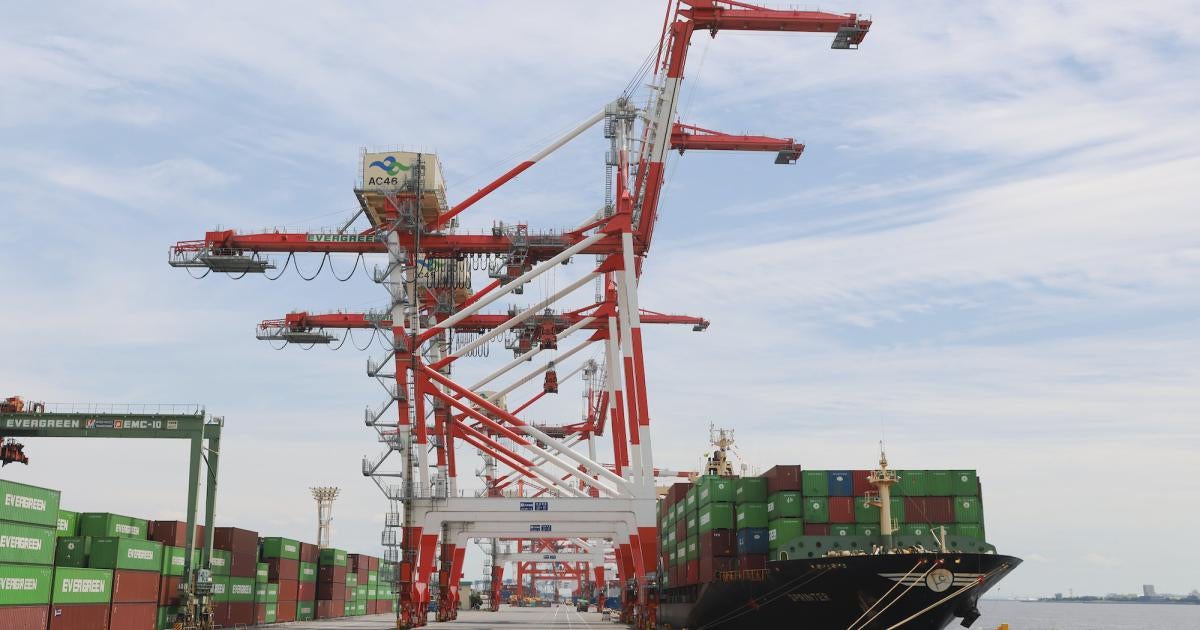Japan Should Strengthen New Business and Human Rights Guidelines
Japan’s recently adopted guidelines on responsible use of supply chains are a missed opportunity to entrench strong human rights requirements in a global business superpower.

The Ministry of Economy, Trade and Industry Guidelines on Respect for Human Rights in Responsible Supply Chain, part of a global trend towards greater government oversight of businesses’ human rights impacts, could have been a much-needed tool to address Japanese companies’ complicity in human rights abuses. Research published in January 2022 by the World Benchmarking Alliance and the Business and Human Rights Resource Centre found “a clear gap” between Japanese companies’ on-paper commitments to human rights and actions to protect them. Since the February 2021 coup in Myanmar, Human Rights Watch and other human rights organizations have documented ties between Japanese private and public businesses and the Myanmar military junta, which has killed more than 2,200 people and detained over 15,000. Unless the guidelines are significantly strengthened, though, Japanese companies will have little reason to change their ways. Human Rights Watch and Japanese civil society groups provided written comments on the draft guidelines, but the guidelines adopted largely ignored these recommendations. Needed changes include recognition of businesses’ responsibility to respect the full range of human, labor, and environmental rights, including by confronting climate change as a fundamental threat to the rights of present and future generations.
The guidelines should also state that businesses should respect rights across their whole value chain and should provide additional guidance on how companies should remediate harms.
The guidelines are nonbinding, which makes then far less likely to prompt Japanese companies toward increased respect for rights.
The Japanese government should announce a timeline for the drafting and enactment of binding legislation that enables victims to take legal action against companies implicated in human rights abuses. Although voluntary guidelines can help to clarify companies’ responsibilities, recent history has shown that many companies will only do what laws require of them.
Read the full article at the original website
References:
- https://www.csis.org/analysis/japans-human-rights-guidelines-companies-provide-opportunity-global-leadership
- https://assets.worldbenchmarkingalliance.org/app/uploads/2022/05/Evidence-from-Japanese-companies-assessment-on-Human-Rights-Due-Diligence.pdf
- https://www.hrw.org/asia/japan
- https://www.hrw.org/news/2021/02/16/joint-submission-concerning-japanese-business-entities-operating-myanmar
- https://www.hrw.org/news/2022/08/28/comments-draft-guidelines-respect-human-rights-responsible-supply-chains
- https://www.business-humanrights.org/en/latest-news/%E6%97%A5%E6%9C%AC%E7%B5%8C%E7%94%A3%E7%9C%81%E8%B2%AC%E4%BB%BB%E3%81%82%E3%82%8B%E3%82%B5%E3%83%97%E3%83%A9%E3%82%A4%E3%83%81%E3%82%A7%E3%83%BC%E3%83%B3%E3%81%AB%E3%81%8A%E3%81%91%E3%82%8B%E4%BA%BA%E6%A8%A9%E5%B0%8A%E9%87%8D%E3%81%AE%E3%81%9F%E3%82%81%E3%81%AE%E3%82%AC%E3%82%A4%E3%83%89%E3%83%A9%E3%82%A4%E3%83%B3%E6%A1%88%E3%81%AB%E5%AF%BE%E3%81%97%E5%90%84%E5%9B%A3%E4%BD%93%E3%81%8C%E3%83%91%E3%83%96%E3%82%B3%E3%83%A1%E3%82%92%E6%8F%90%E5%87%BA/
- https://www.business-humanrights.org/en/latest-news/japan-csos-call-for-transparent-and-meaningful-stakeholder-engagement-for-guidelines-on-respect-for-human-rights-in-responsible-supply-chains/
- http://opiniojuris.org/2021/07/01/why-laws-are-needed-to-avoid-corporate-rights-abuses/
